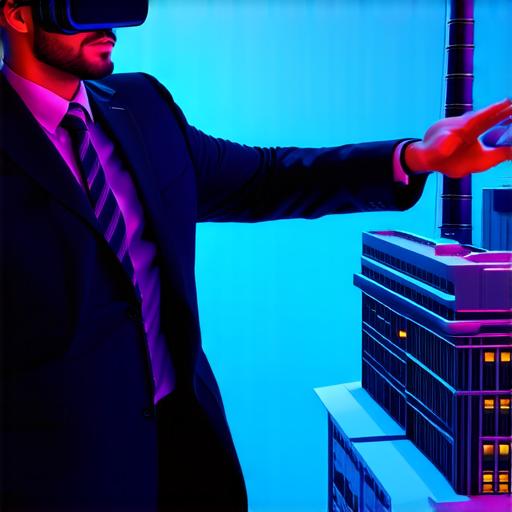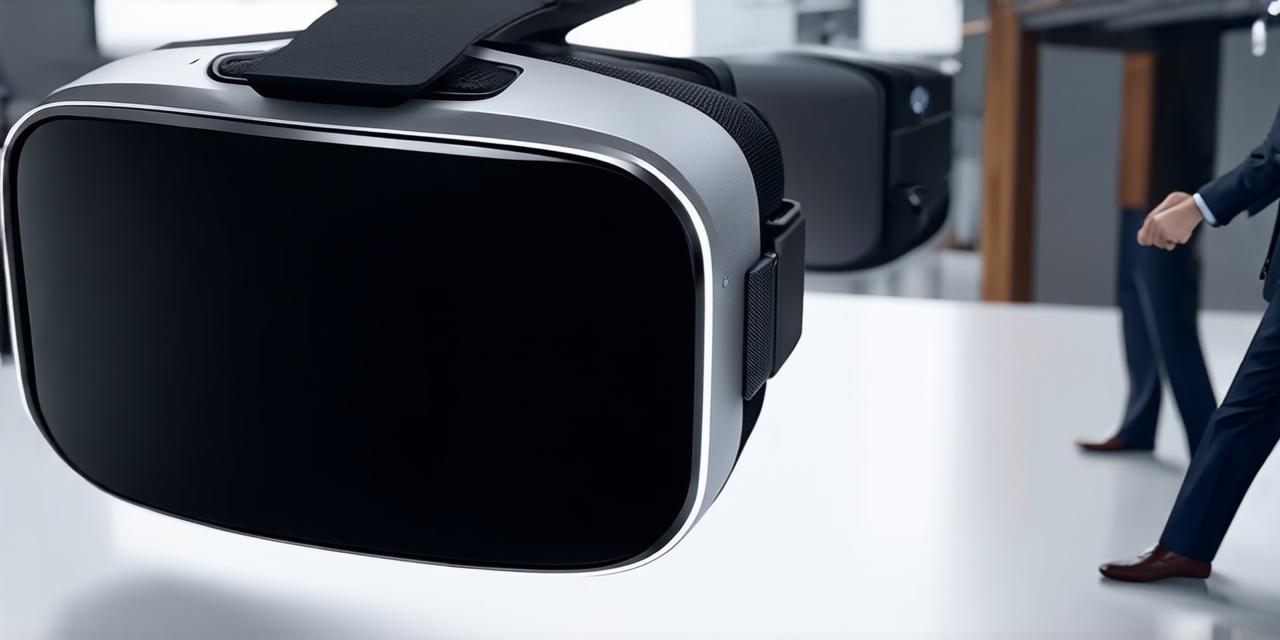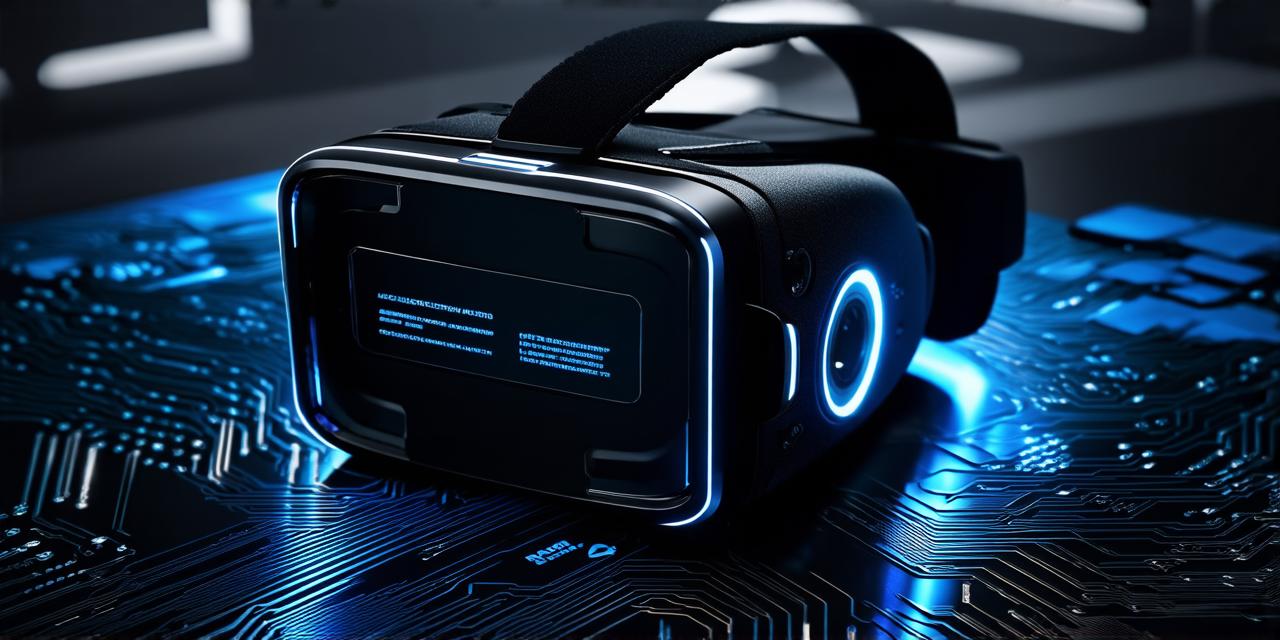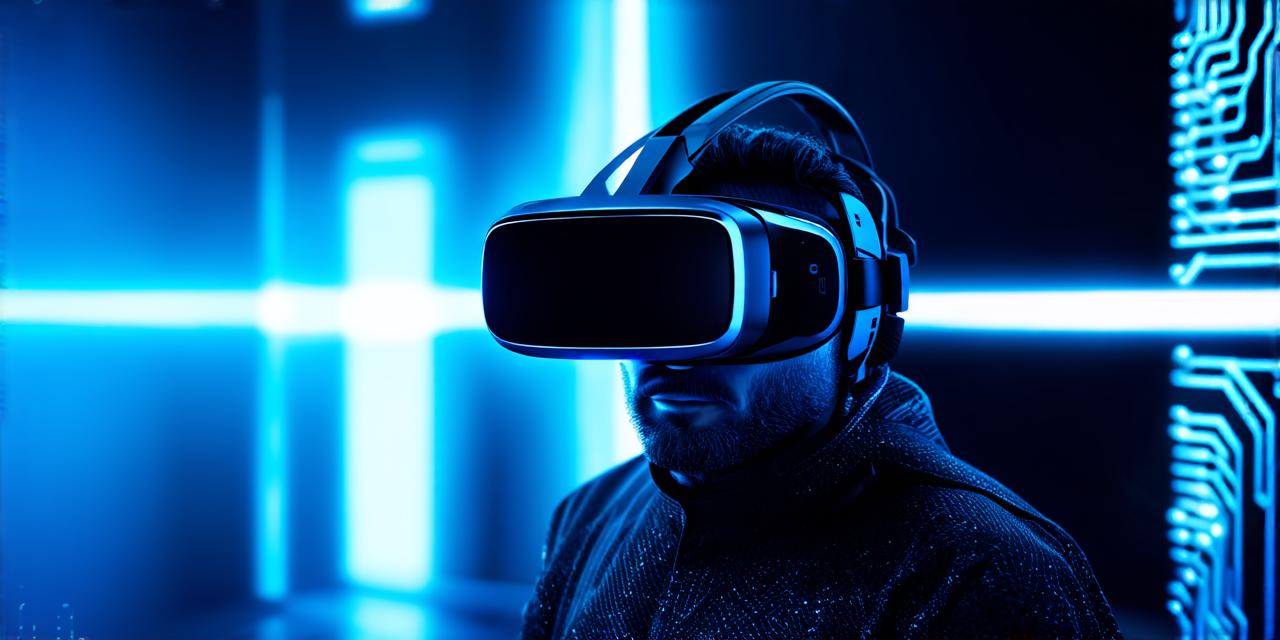Virtual reality (VR) technology has been rapidly advancing in recent years, and it’s already changing the way businesses operate.
VR allows users to experience a computer-generated world as if they were actually there, and this technology is being used by companies in a variety of industries to improve customer experiences, streamline operations, and increase productivity.
Virtual reality has the potential to revolutionize industries such as retail, real estate, and healthcare.
In the retail industry, VR can be used to allow customers to virtually try on clothes or see how furniture would look in their home before making a purchase. This can help reduce the number of returns and improve customer satisfaction.
In real estate, VR can be used to give potential buyers and renters a virtual tour of properties, allowing them to see the property as if they were actually there. This can save time and money for both the buyer and seller, as well as provide a more immersive experience for the buyer.
In healthcare, VR can be used for training medical professionals, simulating surgical procedures, and even treating phobias. For example, a patient with a fear of heights can use VR to gradually expose themselves to higher and higher elevations in a controlled environment, helping them overcome their fear.
Virtual reality is also being used by businesses to improve employee training and customer service.

For example, a retail store can use VR to train employees on how to handle different situations, such as dealing with difficult customers or handling returns. This can help reduce the time and cost of training, as well as provide a more immersive experience for the employees.
Virtual reality is also being used by businesses to improve customer service. For example, a bank can use VR to allow customers to virtually visit their branch and interact with a virtual representative. This can help improve the customer experience and reduce the need for physical branches.
In conclusion, virtual reality technology is transforming the business landscape in many ways. It has the potential to revolutionize industries such as retail, real estate, and healthcare, and it’s being used by businesses to improve employee training, customer service, and more. As VR technology continues to advance, we can expect to see even more exciting applications in the future.



